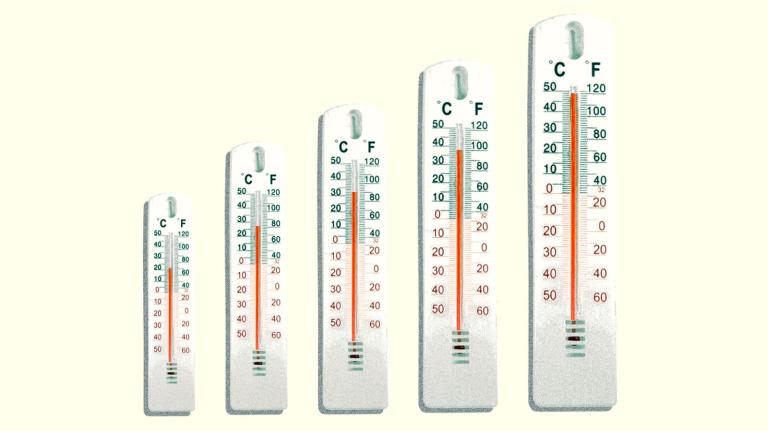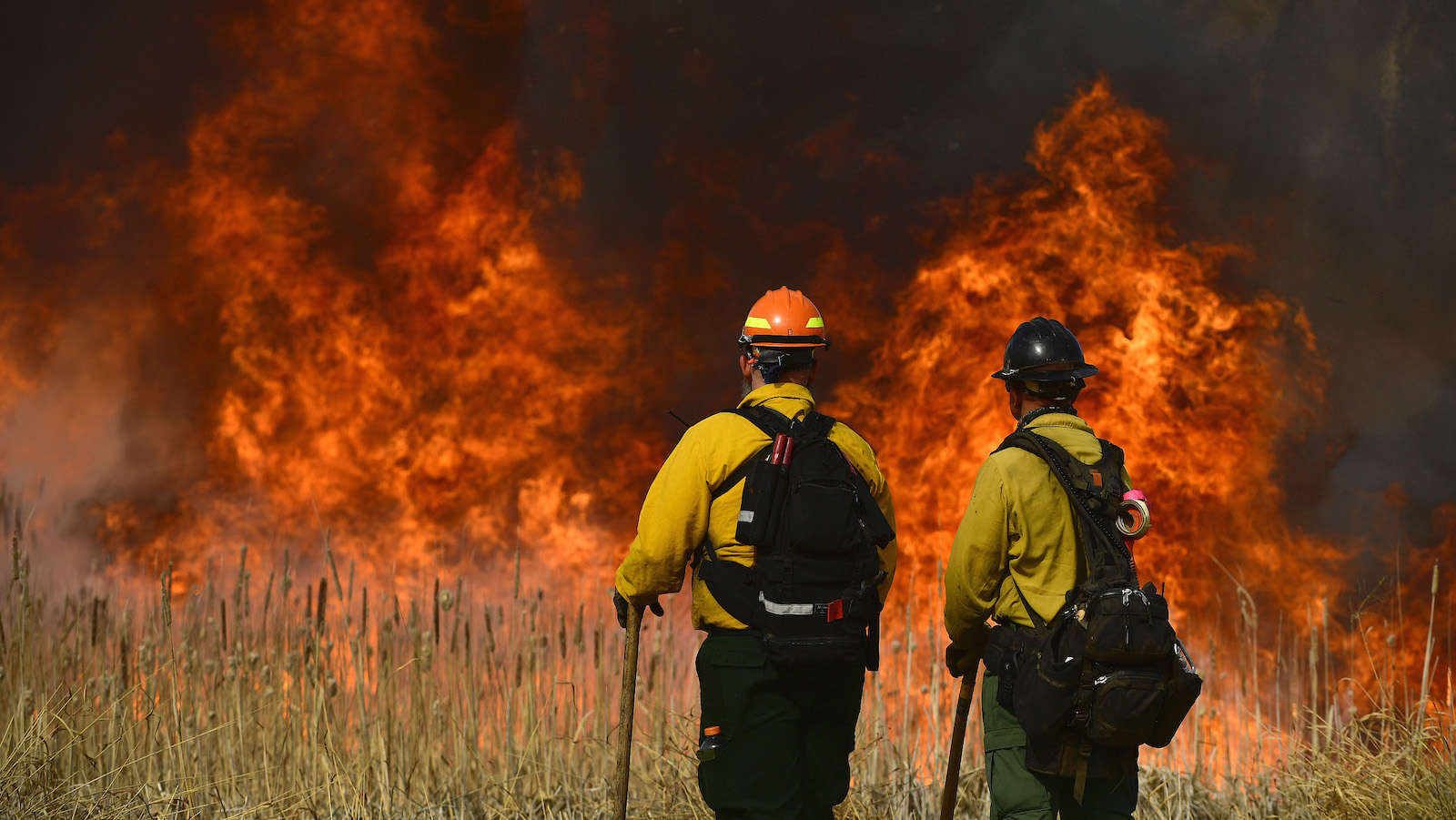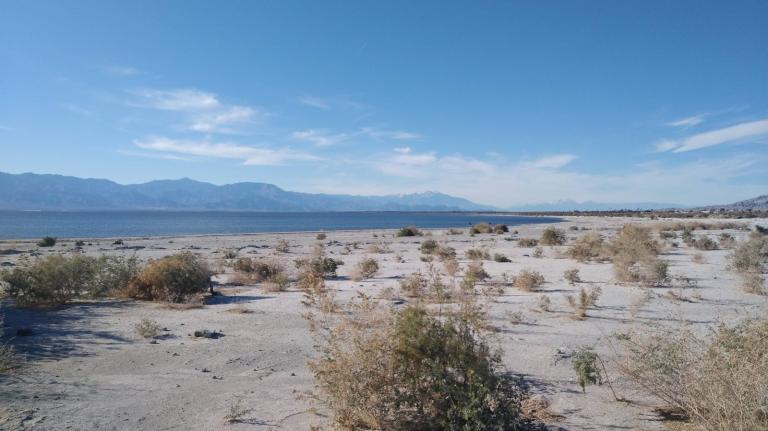This story is part of the Grist series Parched, an in-depth look at how climate change-fueled drought is reshaping communities, economies, and ecosystems.
The Western U.S. saw wildfire season kick into high gear last week. As firefighting crews made progress toward containing a blaze in Yosemite National Park in California, another fire erupted near the Oregon border and quickly became the largest California wildfire of the year. Flames also tore through tens of thousands of acres in northern Montana and eastern Idaho.
On the other side of the country, in swampy but fire-free Washington, D.C., Democratic lawmakers were feeling the heat. The U.S. House of Representatives passed a sweeping package of bills to bolster wildfire response and drought resilience on Friday. The 49-bill package was sponsored by Joe Neguse, a Democratic representative from Colorado who has devoted his short career in Washington to wildfire prevention policy, and passed largely along party lines.
One of the bill’s headline provisions would increase the minimum wage for wildland firefighters employed by the U.S. Forest Service to $20 per hour and allow them paid mental health leave. Federal firefighters are paid significantly less than their state-employed counterparts, and the agency has struggled with low retention rates. NPR reported in May that Forest Service vacancies were highest in the Pacific Northwest and California. The bipartisan infrastructure law that Congress passed last year temporarily raised the minimum wage for federal firefighters; this bill would make the pay hike permanent.
In addition to bolstering the government’s capacity to fight fires when they happen, the package contains a slew of measures that would address prevention and recovery. It would authorize $500 million for initiatives to remove dead trees and vegetation that have accumulated in forests due to a long history of fire suppression. It would also fund intentional, controlled fire projects that clear out overgrowth, which are known as prescribed burns. The package aims to train more people to manage prescribed burns with the creation of new “prescribed fire centers.” To restore ecosystems that have been impacted by past fires, the legislation would also establish a new “burned area recovery account” authorized at $100 million per year. The funds would be prioritized for projects that enhance public safety and protect water resources.
Protecting and shoring up water resources are major themes across the board in the package. It would boost funding for water recycling and reuse programs. There’s funding for desalination research and project development, which would help cities and states that are looking to suck up seawater, strip it of salty minerals, and use it to replenish groundwater supplies. It would authorize the Interior Department to spend $500 million on efforts to preserve water levels in Lake Mead and Lake Powell, two major reservoirs with hydroelectric dams that store water and generate power for much of the West. It would also include a competitive grant program for clean water access projects that benefit Native American tribes. And it would create a new grant program at the Environmental Protection Agency to pay for states to establish incentives that help homes and businesses install more water-efficient appliances.
Only one House Republican voted for the bill, and other Republicans attacked it for authorizing new spending and for not reforming environmental review processes that inhibit forest thinning projects.
The White House was also somewhat lukewarm on the package. In a statement that asserted the Biden administration’s support for the bills, the Office of Management and Budget also suggested that some of the policies advanced were redundant. “The Administration appreciates the interest of Congress in the Administration’s efforts to address climate change and its effects on wildfires and drought,” it said, but it “would like to work with the Congress to ensure the many provisions in the Act avoid duplication with existing authorities and Administration efforts.”
The legislation faces an uncertain future in the Senate, which has recently turned its attention to a different climate-related package — a spending bill called the Inflation Reduction Act. Alongside a cornucopia of clean energy tax credits that experts say will help the country achieve its emission goals, that package would appropriate $1.8 billion over the next decade for removing hazardous fuels from federal forests.




